
Focusing on What Works for International Anti-Corr…
Corruption is a highly complex threat to democratic governance worldwide, but one that to an extent can be addressed via…
Since the collapse of communism in Europe in the 1990s, democracy has seen mixed results, at best, in Southeastern Europe. Democracies in the region are still confronted with many challenges, including a rapidly shifting array of political parties, worrying upticks in malign foreign influence, and rising levels of youth emigration.
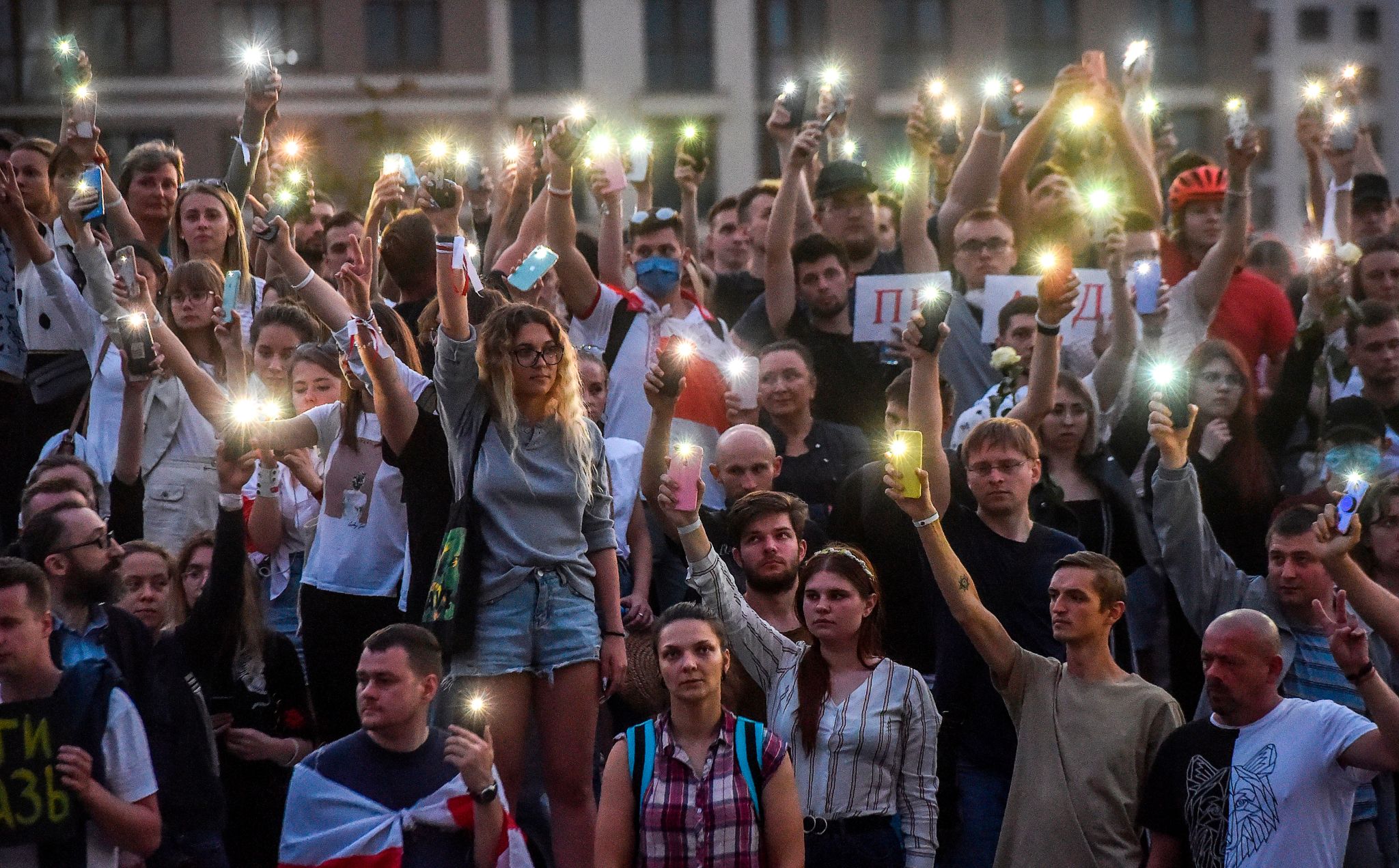
In an IRI regional poll conducted in 2020, a majority of citizens in Bosnia and Herzegovina, North Macedonia, and Serbia indicated that they believed that their country was either a “flawed democracy” or not one at all, underscoring the need for stronger democracy support.
IRI’s assistance comes in a variety of forms and plays a critical role throughout the region, with eight field offices providing support to political, governmental, and non-governmental actors as they respond to new challenges. Traditionally, in Europe, IRI has worked to strengthen political parties, with IRI experts helping party leaders and candidates run effective, citizen-responsive campaigns. Though this is still a cornerstone of programming in the region, IRI has expanded its work, building partnerships with trusted leaders in civil society, providing expert support to government agencies and civil servants to strengthen transparency and counter corruption, and increasing its investment in promising young leaders across the region.
Some examples of this new approach include IRI’s role in creating a documentary on interethnic reconciliation in Bosnia and Herzegovina, supporting the development of North Macedonia’s first ever Open Finance Portal, putting in place anti-corruption programs in Albania and Bulgaria, and establishing the region’s premier political leadership academy. As domestic and foreign actors challenge democracy in the region, IRI will continue its work building resilient democratic institutions capable of delivering meaningful change for the citizens of Southeastern Europe.

Corruption is a highly complex threat to democratic governance worldwide, but one that to an extent can be addressed via…

Inclusive political participation is a core element of a democracy. In Kosovo, equal participation within, and representation by, political parties…
The rise of political parties in their modern form in Europe has historically been associated with the coming of age…

What are the issues? Between June 6 and June 9, citizens of the 27 Member States of the European Union…

In Montenegro, municipal government administrations struggled to make their decision-making processes transparent, leaving citizens with unanswered questions about how decisions…

The House Democracy Partnership (HDP) is a bipartisan commission of the U.S. House of Representatives that works directly with over…
The Western Balkan countries continue to grapple with various barriers to development and stability. While strides toward democracy have been…
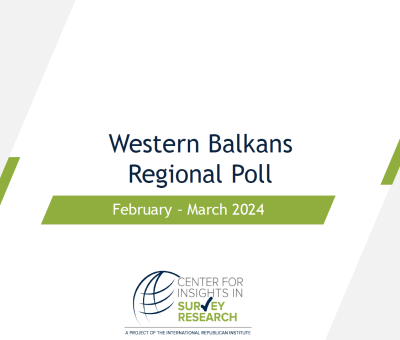
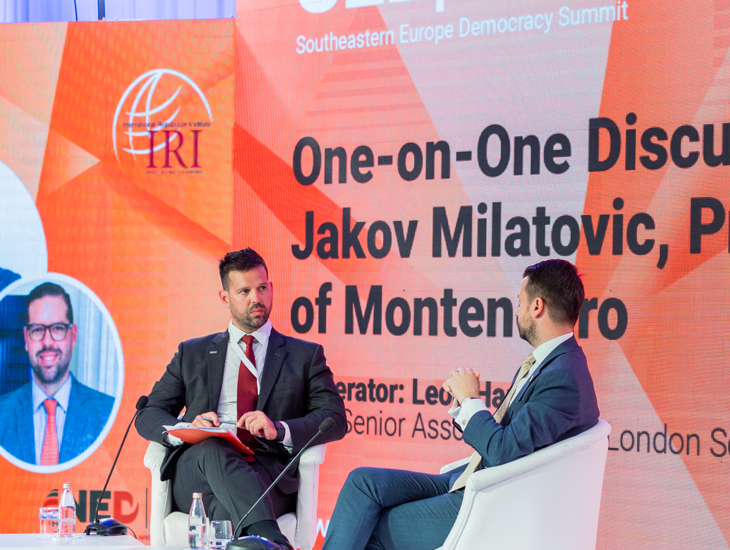
IRI’s Western Balkans regional program focuses on countering malign foreign influence and extremism, including extreme ethnonationalism and the rise of the far right, in the region. Since its inception in 2016, the Task Force has developed into a key forum for regional discussions among pro-democratic actors and policy makers who seek to improve the region’s democratic future.
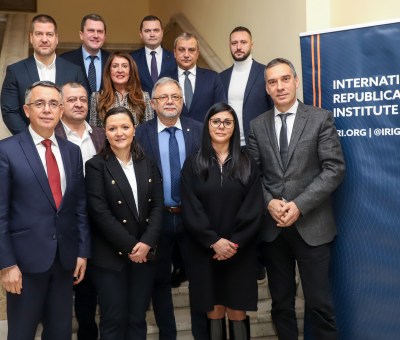
През юни 2021г. Международният републикански институт (IRI) стартира програмата си за борба с корупцията в 10 български общини, а през…
IRI is working with political parties across Europe to raise awareness regarding the foreign influence strategies of the CCP and…
To bridge the growing lack of understanding regarding the strategic challenges that malign foreign influences pose, rebuild democratic values among…

In June 2021, IRI launched its municipal anti-corruption program in 10 Bulgarian municipalities, and expanded its program to a second…
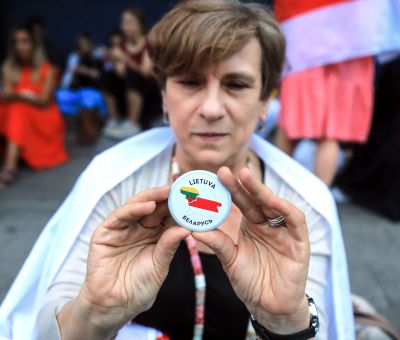
To improve the ability of European political parties to understand and adapt to their electorates’ shifting priorities, IRI’s Defending Democratic Institutions in…
In light of recent geopolitical changes, foreign policy has become increasingly relevant to Hungarians who engage in political discussion, and…
Through the Gendered Research on Anti System Politics program, IRI aims to dissect and better understand political identity and support in the shifting world of political competition in…
Public perceptions of Transatlantic institutions in Central and Eastern Europe, such as NATO, are being undermined by nationalistic rhetoric and…
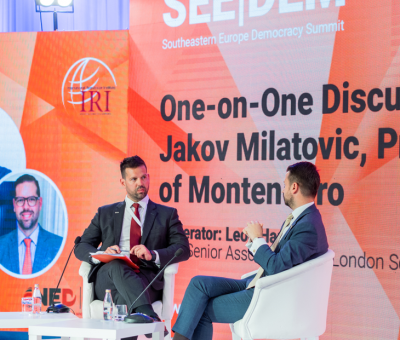
IRI’s Western Balkans regional program focuses on countering malign foreign influence and extremism, including extreme ethnonationalism and the rise of…
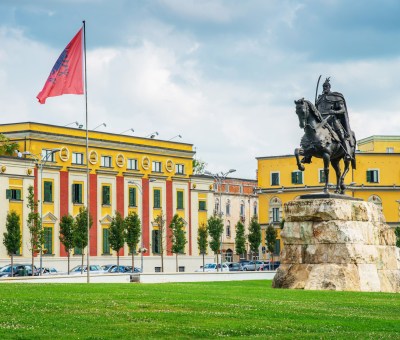
Since the fall of communism in the early 1990s, Albania has made enormous strides in transitioning from dictatorship to democracy,…

IRI is working in Bosnia and Herzegovina (BiH) to promote a multi-party political system that is responsive to citizens’ needs…
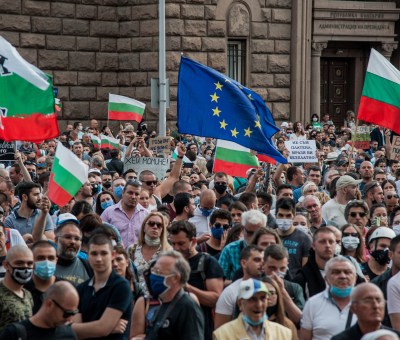
IRI is focusing most of its work in Bulgaria on fighting political corruption. IRI’s programming in the country is aimed…
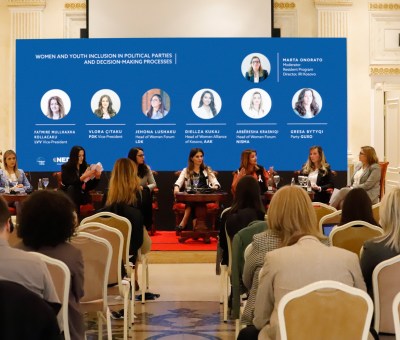
Though Kosovo has a dynamic political scene, the country’s political parties still need support in their efforts to respond to…
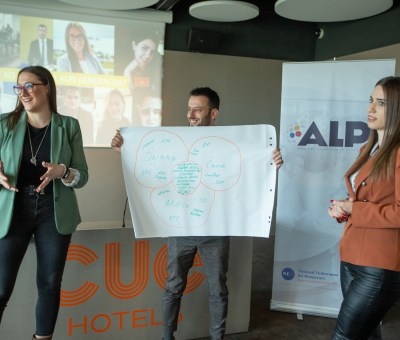
IRI is supporting meaningful youth participation in politics by working with key governing and opposition parties to strengthen Montenegrin party…

North Macedonia, a parliamentary republic, celebrated three decades of independence and multi-party democracy in 2021. The country has been a…
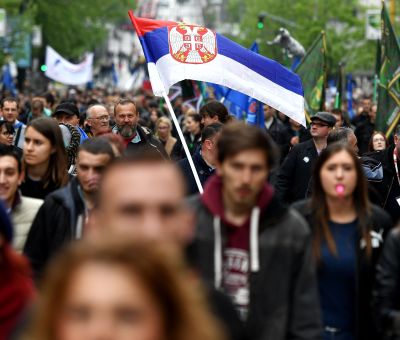
IRI is working to improve party responsiveness to citizens’ needs by promoting political competition, pluralism, and a democratic culture. Specifically,…
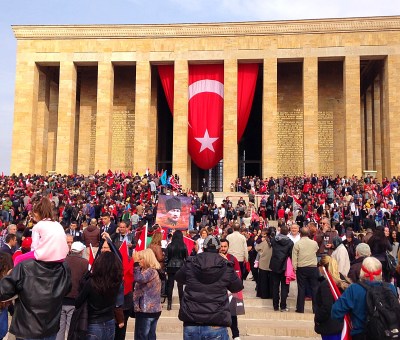
IRI is promoting political competition by helping political leaders with policy development and advocacy, and by cultivating a new generation…